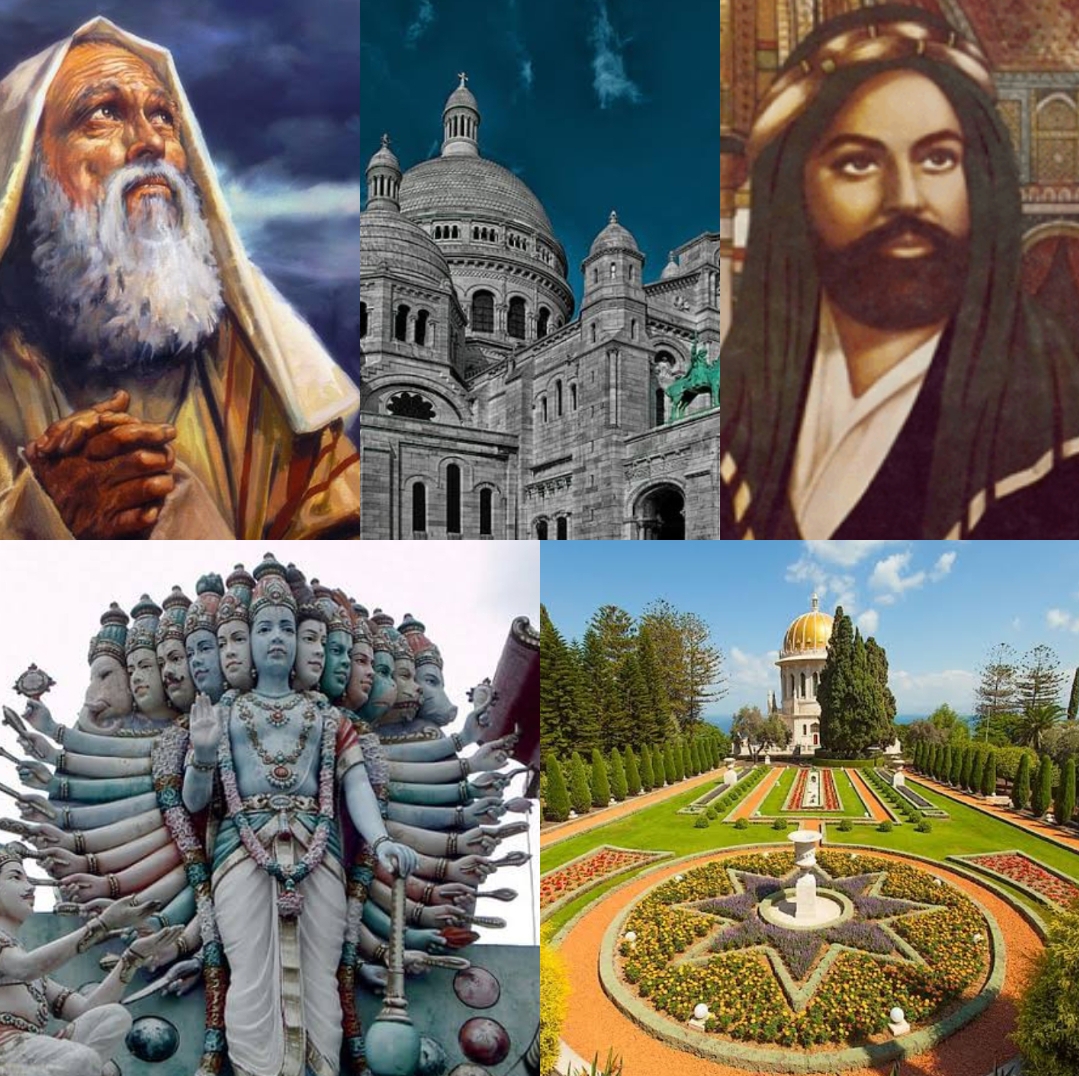What Is Religion?
According to Collins dictionary, Religion is defined as a belief in a god or gods and the activities that are connected with this belief, such as praying or worshipping in a building such as a church or temple.
Each of the world’s great faiths has carried ambitious ideals through numerous centuries after millennia of information transmission through rich oral and written traditions. The epic sagas of humanity’s predecessors, who struggled daily to discover their life’s purpose, just like us, are woven throughout these mystical theologies.
Different perspectives often draw on the same fundamental myths, such as the Abrahamic faith’s shared idea of monotheism or Eastern faiths and the Dao. It’s important to keep in mind that humans have been obsessed with religion for roughly 10000 years, which is at least as long as they’ve been practicing agriculture. Studying these ten living religions offers a window into a bygone era in which progenitors staked their souls on their beliefs.
Largest Religions In The World With Their Founder
10. Druze

Lebanese Druze are one of the top ten most followed religions in the world, with between 800,000 and one million followers worldwide, according to Wikipedia.
Although they are not referred to as Muslims, the Shia branch of Islam, which has its roots in Western Asia, upholds the belief that all men are equal.
The followers of the Druze religion are required to abide by a number of significant laws. They are not permitted to consume alcoholic beverages, smoke tobacco, consume pork, or engage in polygamy.

Founder: Hamza ibn Ali ibn Ahmad
Country of Origin: Lebanon
Scriptures: Epistles of Wisdom (Rasa’il al-hikma)
Known Fact: Druze is a monotheistic religion and are often referred to as “People of Monotheism.”
9. Caodaism

Caodaism is a relatively new religion that originated in 1921 when a vision emerged to a gathered group of mediums in Vietnam. It is a melding of many of the biggest religions in the world. Nearly 4.4 million followers support the fundamental principles of anti-materialism, rebirth, harmony, and unity with a monotheistic deity. In addition to sharing similarities with Buddhism, Confucianism, and Taoism, Caodaism also maintains the existence of devils led by an entity like Satan and several creator spirits, which is a dynamic shared by Abrahamic religions.
Naturally, a soul must develop its spirit by good deeds during succeeding reincarnations in order to achieve heaven. Due to its rapid spread and the anti-colonialist emotion it created against the French occupation, the idea had a significant impact in Vietnam throughout the 1930s. After 22 years of being prohibited, the practice of the faith was once more allowed in Vietnam in 1997.
The surprising truth about faith is that when compared side by side, each faith seems to have more things in common than differences. For example, followers of each belief spend years developing their self-control and capacity for self-improvement. There are countless stories of followers who fervently claim that their conversion to these religions made them immensely proud and happier members of society.
Furthermore, when the chance arises, the scholars of each belief are eager to draw from one another. Famous Christian theologian C.S. Lewis, for instance, cleverly incorporated the idea of Tao into his own works. It is clear from studying each faith’s history and fundamental principles that the key to understanding how they might change and advance in the future is hidden.

Founder: Ngo Van Chieu
Country of Origin: Vietnam
Scriptures: Cao Dai
8. Confucianism

Confucianism creates a religious concept of the Universe, although an impersonal one, despite dancing around spirituality and leading many to view it as a philosophy solely. In it, humanity’s top priority is to work toward synchronization with the laws of the universe in order to become one with heaven for the peace of the group and the individual. This order was established by “Tiān,” a silent “God of Heaven” who is best interpreted as “the way things are”.
Furthermore, according to Confucianism, human behavior should follow the most obvious moral principles, such as charity, submission to authority figures, humility, and compassion. All people must strive to realign with their natural goodness, which they are all capable of. Confucius and his writings was founded in 500 B.C with more than 6 million followers worldwide.

Founder: Confucius
Country of Origin: China
Scriptures: The Lunyu (Analects)
7. Baha’i

The Baha’i religion, which has its roots in Iraq, is one of the ten most popular in the world. However, the Babi faith, or sect, which was founded in 1844 by Mrz. Al-Mohammad of Shiraz in Iran, was the ancestor of the Baha’i religion at first.
Approximately 61 million people worldwide practice this faith.

Founder: Baháʼu’lláh
Country of Origin: Persia (Iran), 1844
Holy Book: The Kitáb-i-Aqdas (Arabic: The Most Holy Book)
6. Judaism

Judaism, the first Abrahamic religion, has a history spanning more than 3500 years. Between 900 and 700 B.C., archaeological evidence supports the presence of two nearby Jewish kingdoms, and religious writings presuppose a confederacy of 12 tribes that were unified in faith earlier. Each tribe, and ensuing kingdom, claims its lineage back to Abraham.
Contrary to the polytheistic past of the ancient Levant, the faith is monotheistic. Yahweh, their god, is revered because of his dedication to them as his chosen people, even as he persistently exhorts them to resume practicing their religion. Unlike to Christianity and Islam, there is no explicit belief in a hereafter other than a place of extreme sleep known as “Sheol.” Despite severe persecution during World War II, there are still some 14 million Jews who follow the faith today.

Founder: Abraham
Country of Origin: Israel
Holy Book: The Torah
Countries practicing: Over 80 countries
5. Sikhism

The first Guru of Sikhism was born in 1469. Originally from northeast Pakistan, Guru Nanak immigrated to India where he started to write down and share his revelations while traveling through the Islamic and Hindu worlds in the early 1500s. These simple but important revelations include: giving to others, making an honest living, meditating on God’s name, and avoiding bad habits.
The 25 million followers currently unite to advance universal egalitarian values and hold that all religions eventually worship a single divine being. The design of Sikh temples was to have a community kitchen set aside to provide free meals to everyone. Sadly, political turmoil and violent uprisings against intolerable governments have dominated Sikh history. Several of the early Gurus, spiritually empowered leaders who continue Nanak’s legacy, were put to death by the ruling government of the day.

Founder: Guru Nanak
Country of Origin: India
Scriptures: The Guru Granth Sahib
4. Buddhism

The Buddha was a prince from the 5th century B.C. who gave up his wealth to seek wisdom. He was an eclectic figure who combined many different religions to create a ground-breaking philosophy on human identity and purpose. The goal is to achieve an enlightenment called Nirvana, through meditation, kindness, and hard work.
Values revolve around the absence of an ‘essential self,’ impermanence, and the reality that life is suffering. Therefore, a primary aim for mankind is the elimination of suffering in all its forms.
The orange tunic, that the monks famously adorn, represents a fire that burns away impurities. Two different sects exist, the Theravada Buddhists and the East Asian Buddhists, which differ in their selection of texts.
At 500 million followers, Buddhism has been lauded for its effective use of an egalitarian philosophy that has worked to dismantle caste systems worldwide.
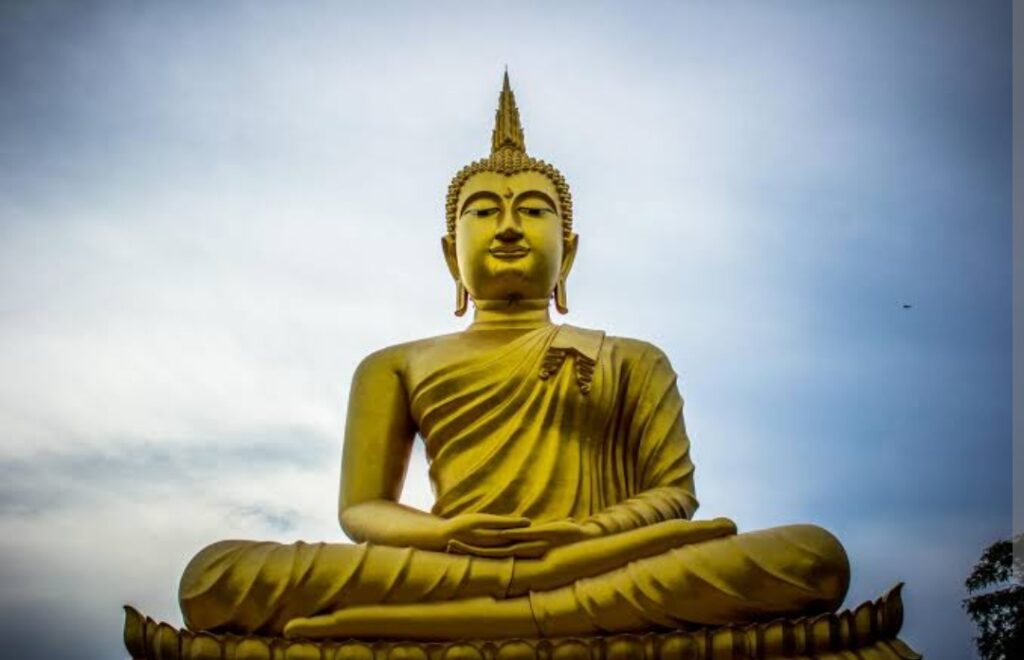
Founder: Siddhartha Gautama
Country of Origin: India
Scriptures: Pali canon (Pali: “Triple Basket”) or Tripitaka (Sanskrit)
Countries practicing: 77 countries
3. Hinduism
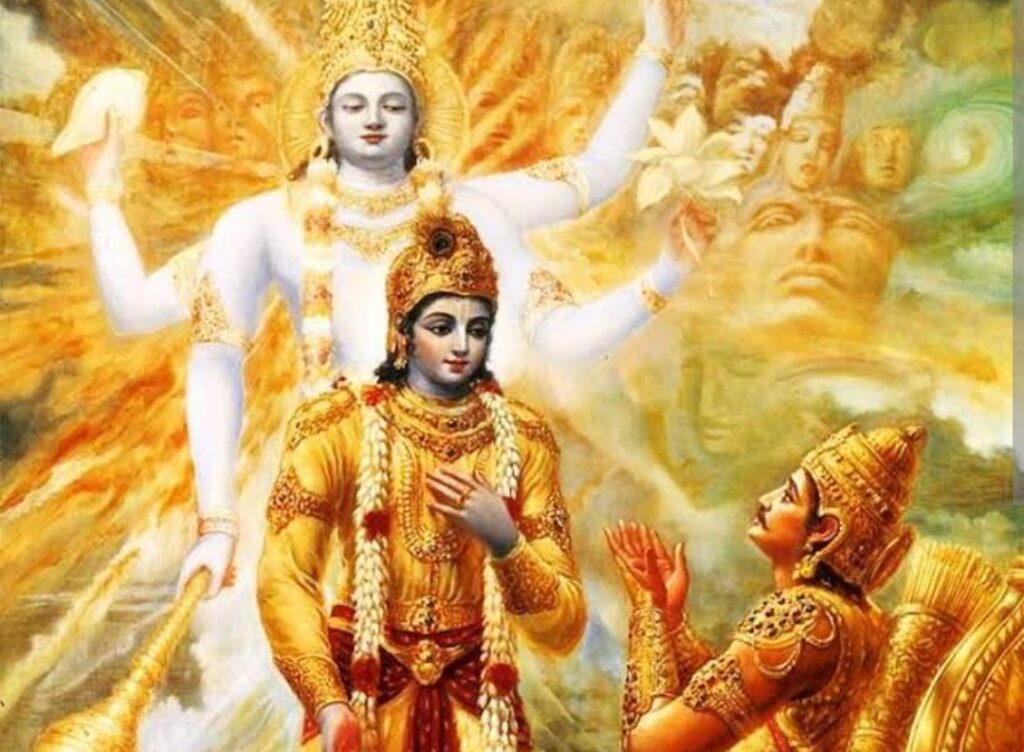
Hinduism, a religion with 1.1 billion followers, has a murky history because it started as a combination of various ideologies. It was originally formally established in the Indus Valley, close to what is now Pakistan, between 2300 and 1500 B.C. The majority of Hindus worship only one god, despite acknowledging the existence of other gods. Hinduism is often referred to as the “religion with 330 million gods.”
Core principles include ones like Karma and Samsara. According to karma, we shall eventually receive the moral sum of our actions in the form of a consequence or reward. Reincarnation is one sign of life’s cyclical nature, which is represented by the concept of samsara. The world has benefitted historically from the study of mathematics, astronomy, and yoga.
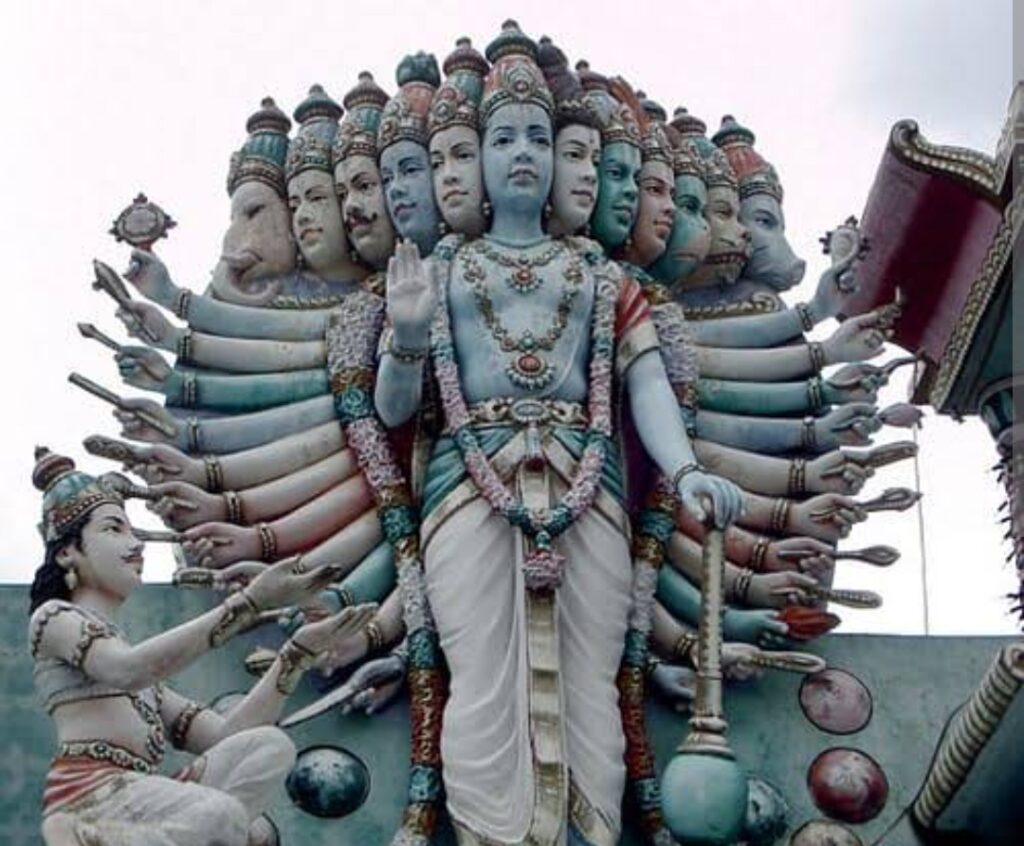
Founder: Hinduism has no historical founder
Country of Origin: Indian subcontinent
Scriptures: The Vedas
2. Islam

Muslims today honor the Prophet Muhammad for founding the religion of Islam. He was most active toward the end of the sixth century. There are over 1.8 billion followers worldwide, with the majority living in northern Africa, west Asia, and Indonesia. The prophet believed that the Abrahamic religions were polluted and intended to restore them.
Islam is distinguished by its dedication to discipline, which sternly demands that believers refrain from engaging in worldly activities and observe daily rituals. Islamic institutions have made significant historical discoveries in disciplines like algebra, surgery, architecture, and even coffee. The two main branches of Islam that coexist in the Muslim world are Sunni and Shia, which are claimed to have split over a succession dispute fourteen hundred years ago.

Founder: The Prophet Muhammad
Country of Origin: Mecca, Saudi Arabia
Scriptures: The Qur’an
1. Christianity

With more than 2 billion followers, or well over 30% of the world’s population, Christianity is a religion with widespread appeal. Despite the obvious distinctions between Protestants, Catholics, and Orthodox believers, the central figure of the religion is Jesus of Nazareth, who lived in the first century. Christians assert their belief in a single god who takes the three personas of Jesus, the Holy Spirit, and God the Father to represent him. Christianity is an Abrahamic religion.

The death and resurrection of Jesus, through which people are given the opportunity to repent of their sins and ultimately spend eternity with their loving deity, is another crucial component. Despite a rising acceptance of secularism, the intellectual principles and precepts of Christianity have had enough of an impact to serve as the foundation of Western institutions.
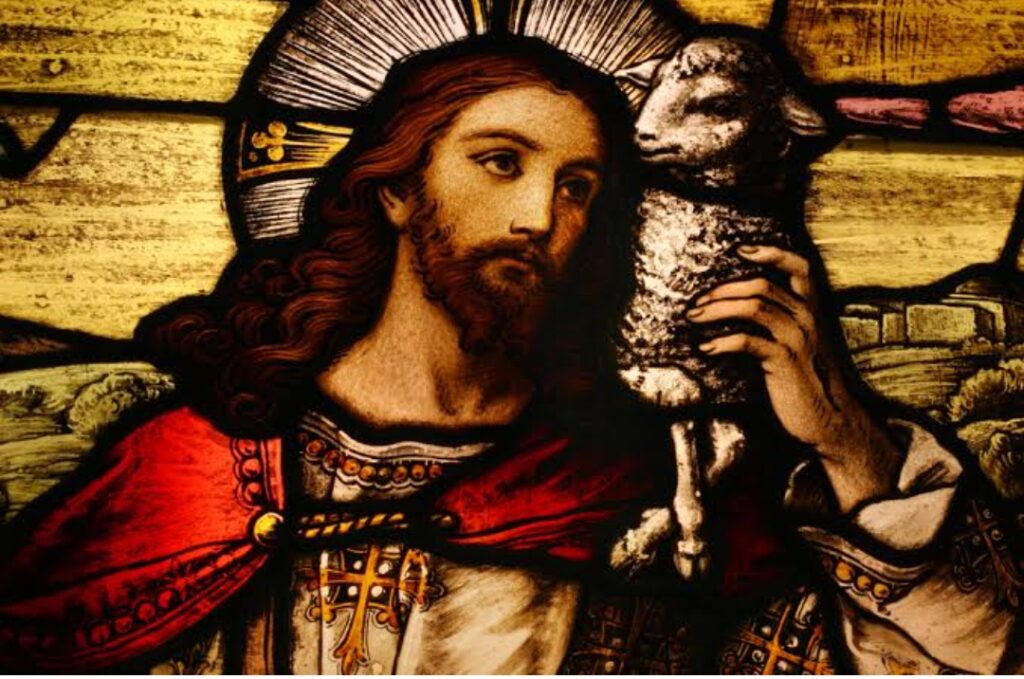
Founder: Jesus Christ
Country of Origin: Judea, modern-day Israel and Palestine.
Scriptures: The Bible
